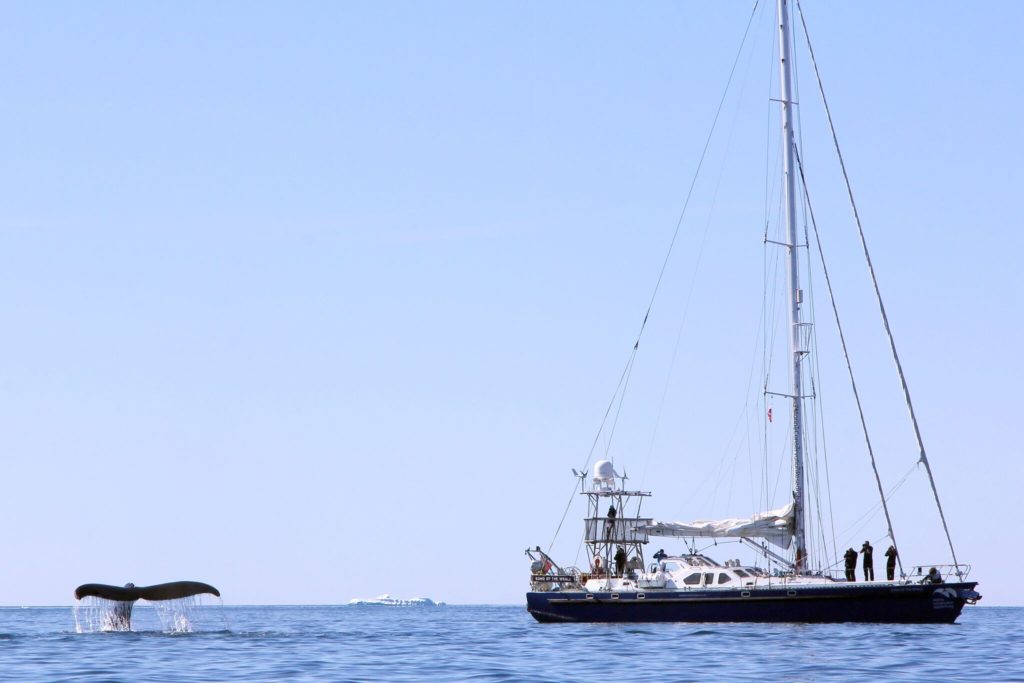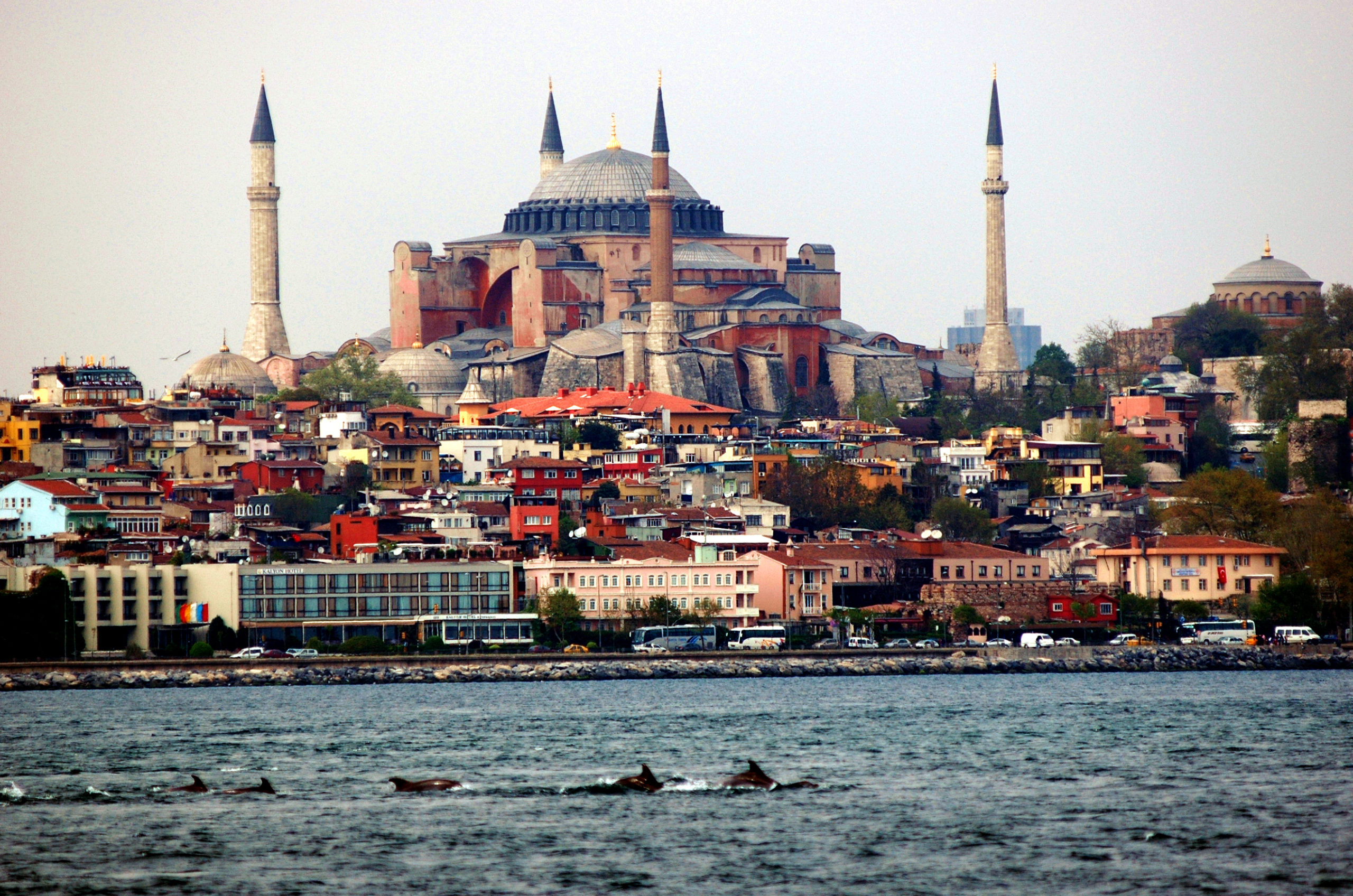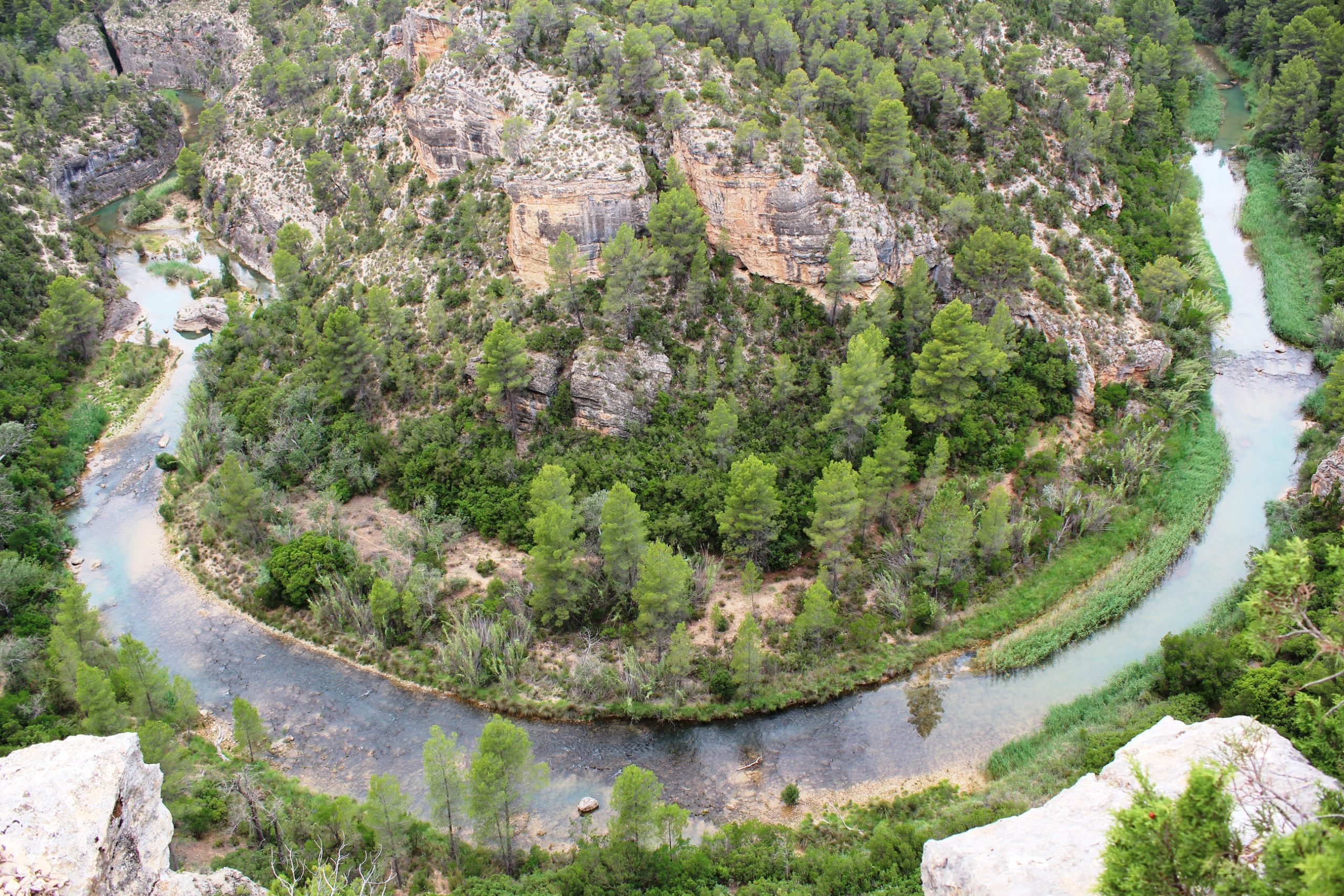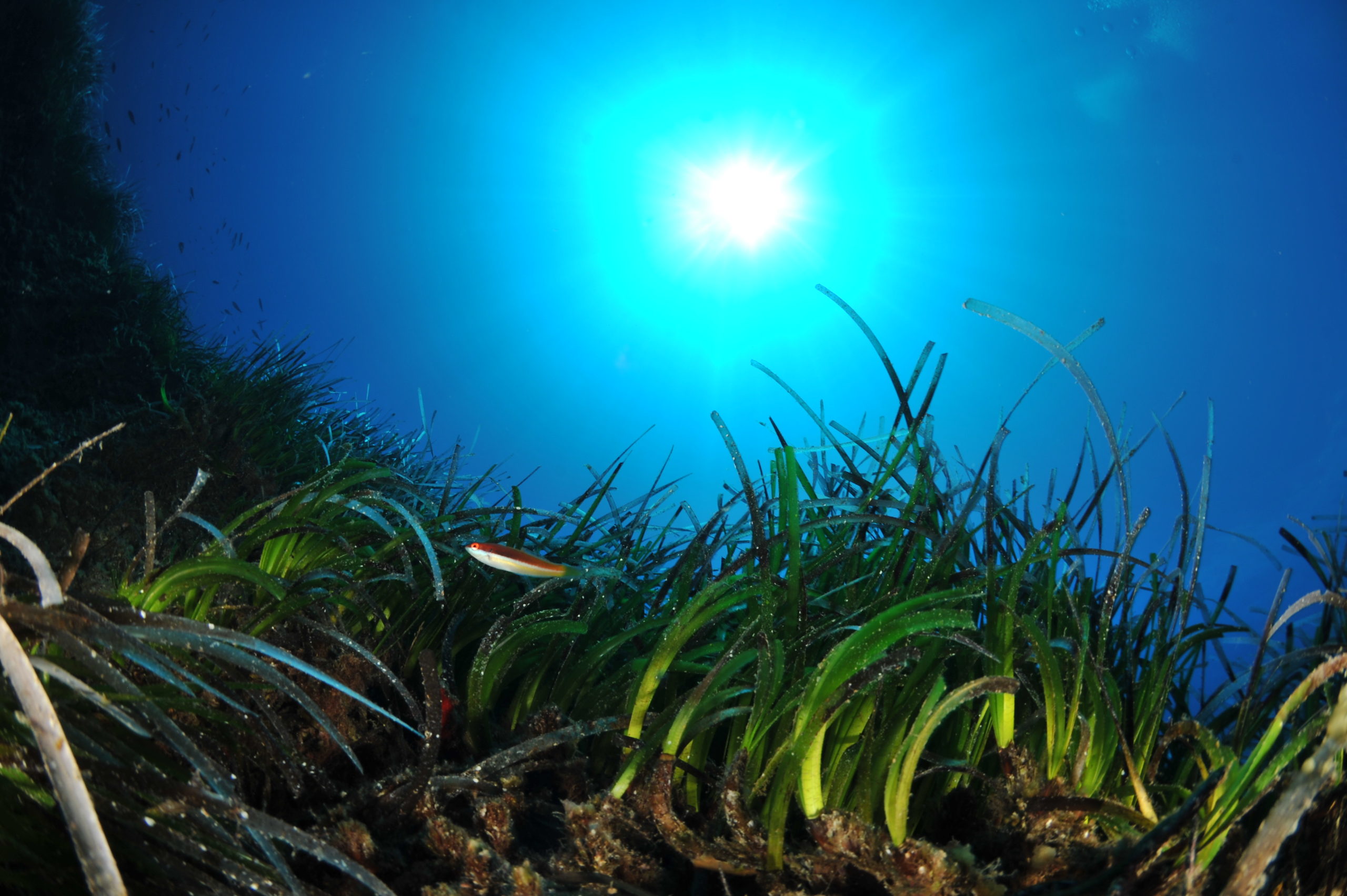ACCOBAMS Project kicks off in Málaga with various events and the arrival of the research vessel “Song of the Whale”
Marine mammals in both the Mediterranean and Black Seas face a variety of significant threats. In order to better understand and protect these species, the ACCOBAMS Survey Initiative (ASI) project is launching the first major census campaign for cetaceans on a Mediterranean scale during summer 2018 in collaboration with all the countries of the Mediterranean basin.
This initiative, coordinated by ACCOBAMS (Agreement on the Conservation of Cetaceans in the Black Sea, Mediterranean Sea and contiguous Atlantic area) will deploy acoustic and visual monitoring methods using five research vessels, 10 aircrafts, as well as scientific teams who will evaluate the abundance and distribution of local cetaceans.
“This project represents an innovative and unprecedented effort to improve conservation of cetaceans and their habitats. The integrated and coordinated program will contribute to both the UN’s Sustainable Development Goal for the Oceans (SDG 14) and the CDB’s Aichi Biodiversity Targets and Strategic Plan”, says Xavier Sticker, President of ACCOBAMS and French Ambassador for the Environment.
The main vessel of the campaign, The Song of the Whale, has also arrived in the Port of Malaga, where it will begin its exploration of the Western Mediterranean through the Alboran Sea.
“It’s a great pleasure for ACCOBAMS’ Permanent Secretariat to celebrate this event in Spain, because it allows us to acknowledge the commitment and the trust of the Spanish Government expressed already 10 years ago. Spain was the first country to provide funds toward this important initiative, and the project is a real example of what collaboration between governments, national institutes, funding agencies, scientific partners and technicians can achieve for the conservation of biodiversity,” says Florence Descroix-Comanducci, ACCOBAMS’ Executive Secretary.
Most cetacean species in the Mediterranean are “Endangered”, one of the highest categories of risk of extinction according to the IUCN Red List of Threatened Species™. The Mediterranean waters are home to 9 cetacean species, including the long-finned pilot whale, the striped dolphin, and the sperm whale (or cachalot), and other 21 cetacean species are observed in the Mediterranean and Black Seas.
“By protecting marine mammals, we are protecting our planet. Healthy oceans need whales and dolphins. The conservation of endangered species is not enough, we need to restore our marine environment and allow populations to recuperate in order to assure their survival,” says Antonio Troya, Director of the IUCN’s Centre for Mediterranean Cooperation.
The launch event includes a formal presentation given by local and international authorities, the organization of educational activities with students in the Museo de Alborania, and an all-day open house aboard Song of the Whale. A thematic exhibition from the artist Esteban Ruiz, “Moby Dick y el Sueño del Capitán Ahab” (“Moby Dick and Captain Ahab’s Dream”), was also inaugurated. The exhibition invites the viewer to reflect on whales and our relationship with them, and will be open to the public for a month on Muelle 2.
The ceremony was attended by Xavier Sticker, the President of ACCOBAMS and France’s Ambassador for the Environment, Monaco’s Ambassador to Spain, Jean-Luc Van Klaveren, French Agency for Biodiversity’s François Gauthiez, and the Mayor of Malaga, Francisco de la Torre, among other authorities.
The ASI project is funded by the Spanish Ministry of Agriculture and Fisheries, Food and Environment, the French Agency for Biodiversity, Italy’s Ministry of the Environment and Protection of Land and Sea, the Principality of Monaco, the MAVA Foundation, the Prince Albert II of Monaco Foundation and the International Fund for Animal Welfare (IFAW).
The campaign’s launch has also benefited from collaboration with the IUCN’s Centre for Mediterranean Cooperation, as well as other local and regional institutions like the City Council of Malaga (Ayuntamiento de Málaga), Malaga’s Port Authority (Autoridad Portuaria de Málaga) and Andalusia’s Housing and Restoration Agency (Agencia de Vivienda y Rehabilitación de Andalucía). Additionally, support has been provided by private institutions such as the MAVA Foundation, based in Switzerland, and the Unicaja Foundation, based in Malaga. Both organizations have provided continuous support for scientific projects that work toward conservation of these endangered species and the Mediterranean’s natural resources.
Press release jointly launched by IUCN-Med and ACCOBAMS.



